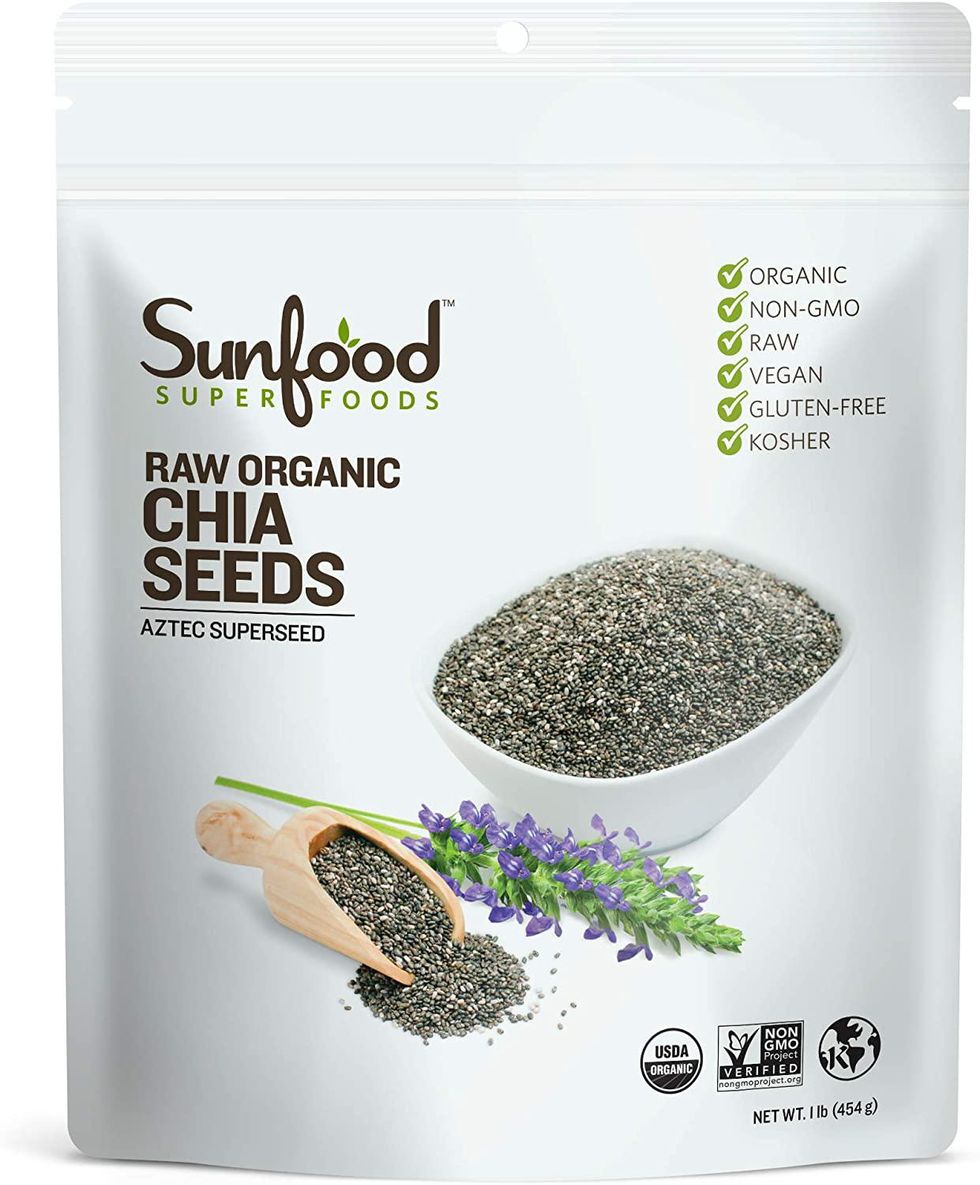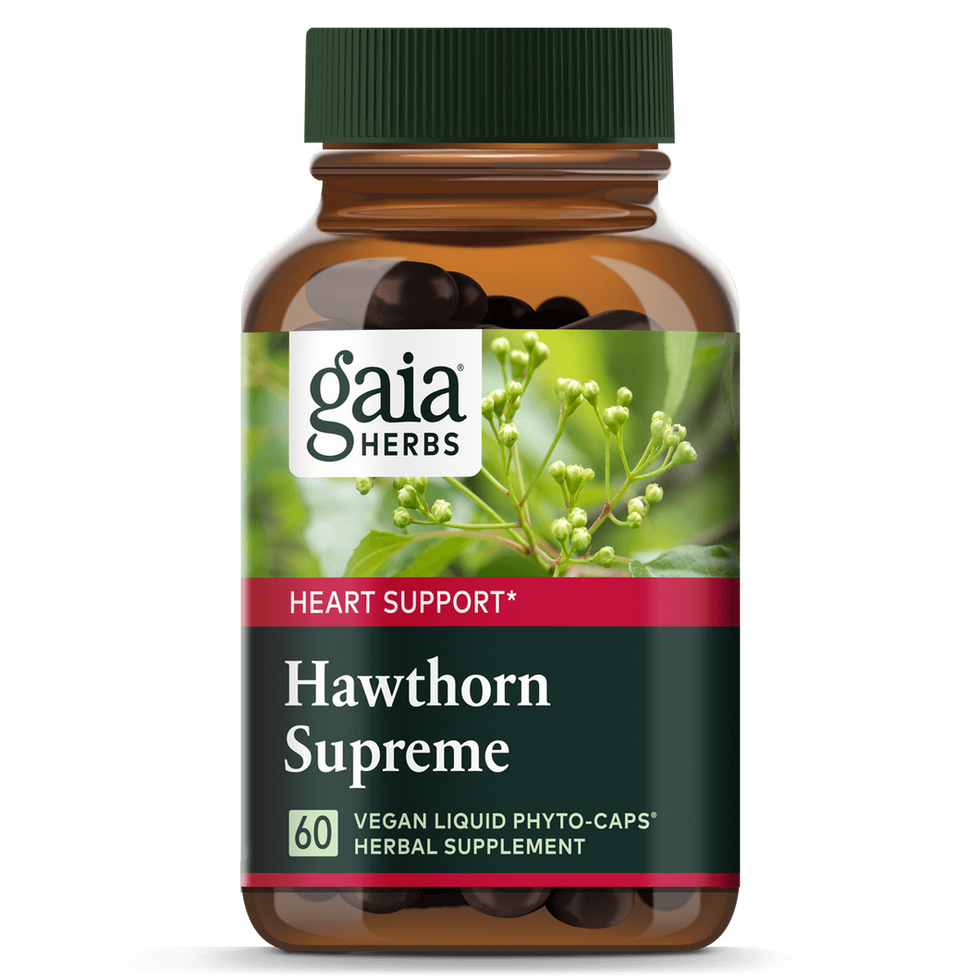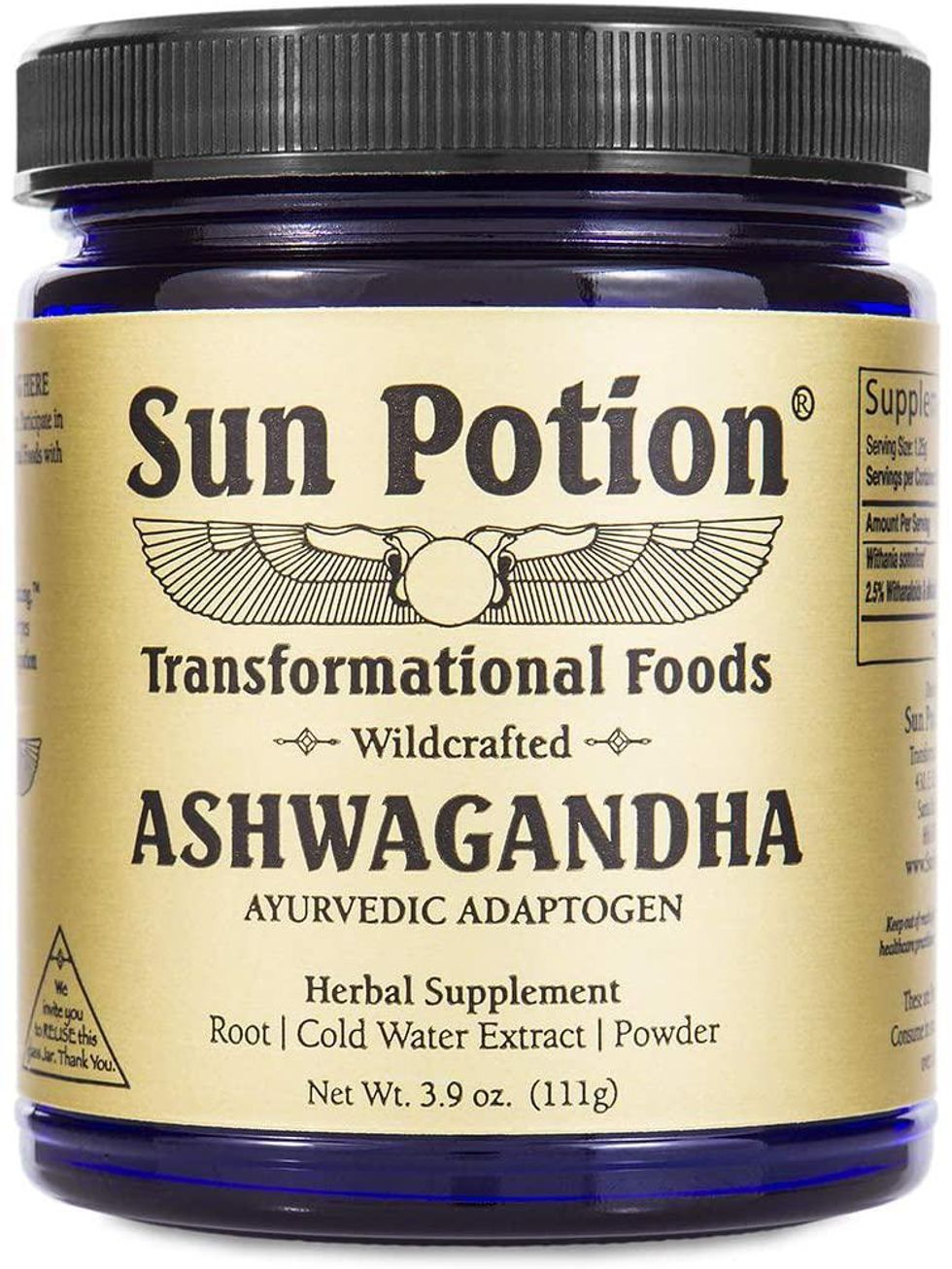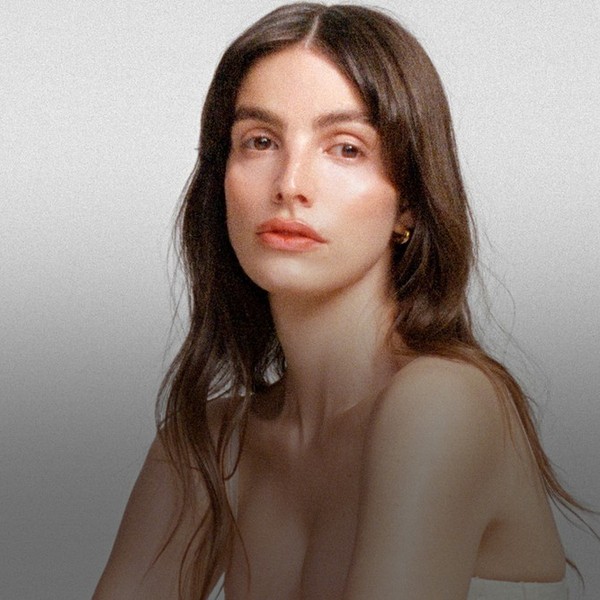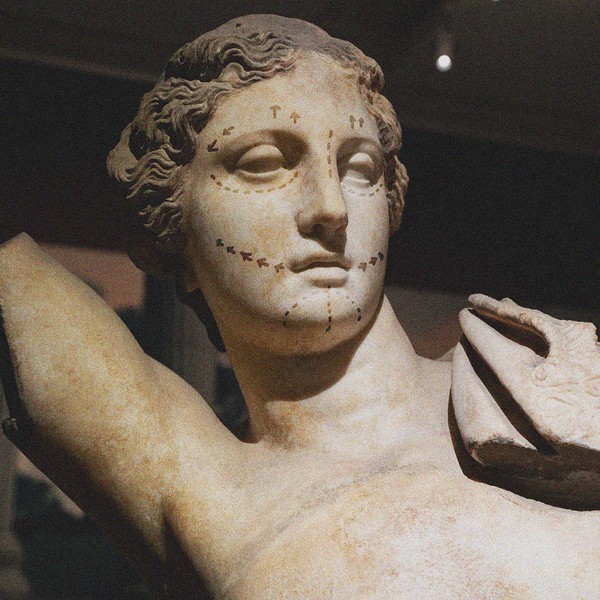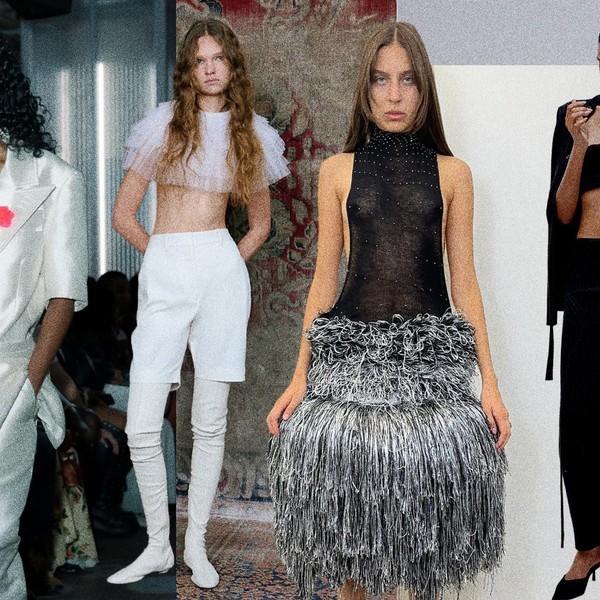For Sir John, Wellness Starts From the Inside Out
“Rest is important, hydrating is important. Looking good really starts on the inside.”
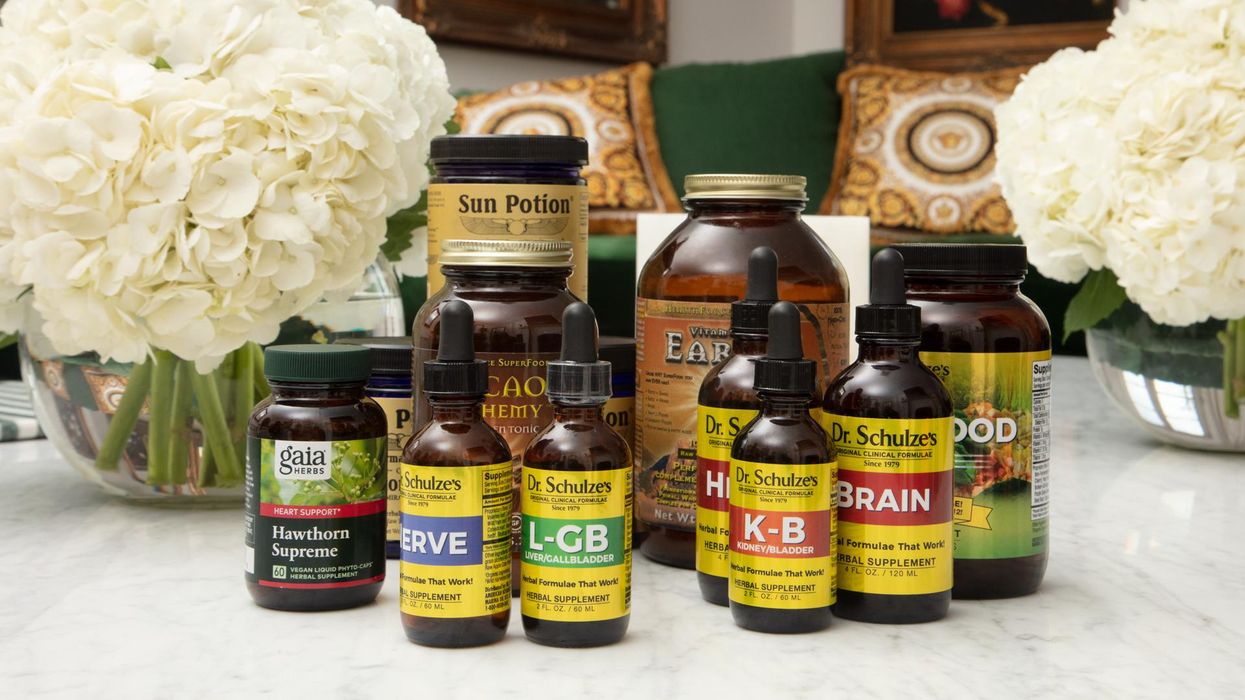
Welcome to The Simple Things, a wellness series dedicated to the routines and rituals that bring a sense of well-being to our daily lives. As the name implies, sometimes it’s not about making seismic shifts in our day-to-day—simple actions can be just as impactful for ourselves and for those in our community.
This week, we’re chatting with our February cover star, makeup artist Sir John about his legacy, why conversations around mental health are so important to him, and why healthy eating is a form of self-care.
On Pushing for Change in the Industry
I feel like your career, especially at the beginning, involved so much endurance: physical, mental, emotional. How did you do it?
“When you're just trying to piece your way together and figure out what's going to work, you just find a way. And also it was exciting to have all these things happening. But I also want to tell anyone who's really young to be kind to themselves. Because I put myself under so much pressure to be great or to make things happen for myself. I'm the oldest of three, and I felt a responsibility to send some money home and take care of the family, too.”
“I dealt with a lot of anxiety and a little bit of depression, in my 20s, in New York, just trying to figure out how I’m going to make this work. And then when you do figure it out, you have to make sure you stay on top.
“I remember Iman, the model, told me, ‘Turn this moment you're having into a lifetime. This is cool now, but you have to sustain this popularity." And that's the thing. It's cool to be poppin’ for a second, but make sure you’re poppin’ 20 years from now.”
How do you make sure your career has that longevity?
“Right now, I'm in a really different space in my career; for artists, you want to make sure that you are able to pivot. So the pivot for me, recently, was to make sure that I was speaking up and advocating for people who can't advocate for themselves in our business. The beauty industry hasn't always been inclusive.
“At this point in my life, no one's going to take anything away from me. As long as I'm telling the truth, I should not have to worry about much. And so that's why I'm able to put my name on the line for equity or diversity or the lack of representation in spaces or workrooms.
“If I work with a brand, I need to see what their commitment to diversity looks like. And if they don't have one now, what does it look like in the future? What's your plan for next year? And if they can't tell me that, then we don't have much to talk about.
“I've worked with Black Beauty Roster, a company to make sure that more people of color are in the union and that they have representation at agencies. I hold the agencies accountable. When you're in it, you don't try to be provocative to have a legacy, but when I look back, I'm actually proud of the change that has come from these questions I’ve asked myself.”
On Normalizing Conversations Around Mental Health
I want to kind of touch back on, you mentioned dealing with anxiety and a little bit of depression in your 20s. What was that like for you, and how did you move through that?
“I felt really insecure asking for help and that causes harm and damage. There's a younger generation who's going through so much more than we had to go through when it comes to anxiety and depression, because they also have stage fright now with social media. Even the best of us—the best celebrities, the best supermodels—are insecure because of those spaces.”
“I think we should get in front of the message by normalizing the conversations around mental health. I like to do something called a ‘temperature check.’ That’s asking your friends or your clients or your cousins, or whoever, ‘How are you feeling?’ Not, ‘Are you okay?’ ‘What's going on?’ ‘Are you good?’ No. Like, ‘How do you feel?’ Or, ‘Where are you these days?’ And allow them to honestly tell you.”
So you were a 20-something Black man in New York City, and I feel like there's still such a stigma around mental health, especially within that demographic. Who did you turn to?
“I turned to my friends and any safe space I could. If I can't talk, if I can't be my real self around the people I'm around then they just don't need to be around.
“One thing I've realized through my work with NAMI, the Nationalized Alliance for Mental Illness, is that you don't necessarily always know what anxiety or depression looks like. Sometimes, it’s you thinking to yourself, ‘I'm having a bad day.’ Or, ‘My body feels heavy.’ Or, ‘I can't put my finger on... Something's wrong, but I just don't know what it is.’
“These are cues or markers or little light bulbs to tell you, ‘Hey, investigate a little bit more.’ Go into a space where you can hear your voice more.”
On Holistic Nutrition and Setting Boundaries
“I love cooking, but I never fry food or anything like that. My holistic approach toward food starts in the morning. So I'll make sure that I take chlorophyll [drops] in the morning, all of my enzymes for gut health, I’ll juice carrots and kale and throw in a bunch of supplements.
“Rest is important, hydrating is important. Looking good really starts on the inside.”
Have you always eaten this way?
“Yeah, because of my mom. We were in high school taking chlorella and spirulina.”
Oh, so she was way ahead of the curve.
“Oh, yeah. We never had fried food at home, never drank Kool-Aid. My mom was really an advocate for self-care. We didn't even know what it was. She's a single mom, but she made sure that when she wanted to take a bath and when she needed a moment, we gave her a moment.”
I feel like as you get older or as you move up in your career it can be more difficult to put boundaries up. How do you say no to things? How did you get comfortable putting yourself first?
“I'm still learning. I'm not going to say I figured it out, but one reason I started therapy was because I didn't know how to say no. And I resented the fact that I was sacrificing myself in so many different ways. So I started to realize that boundaries are me saying no because I'm looking out for my future and being more mindful about what I’m doing and why I’m doing it.”

